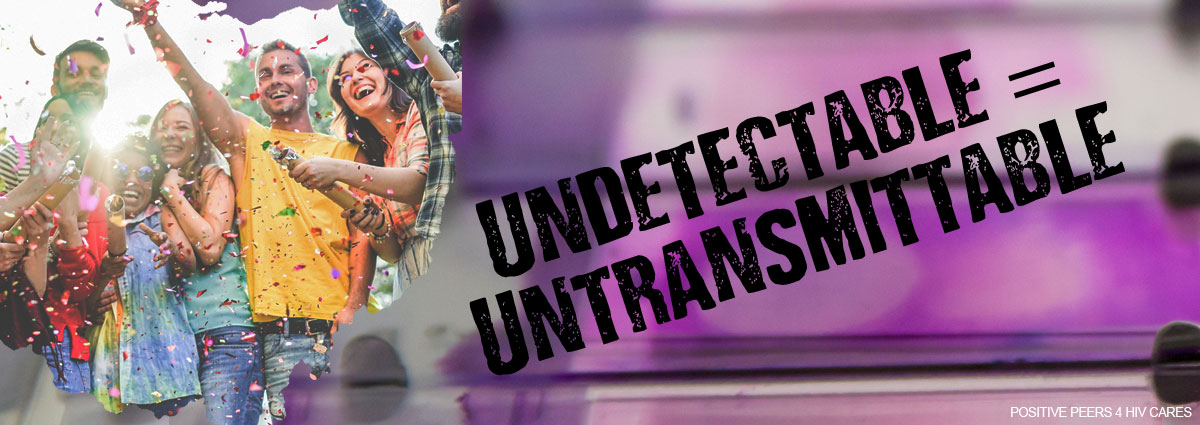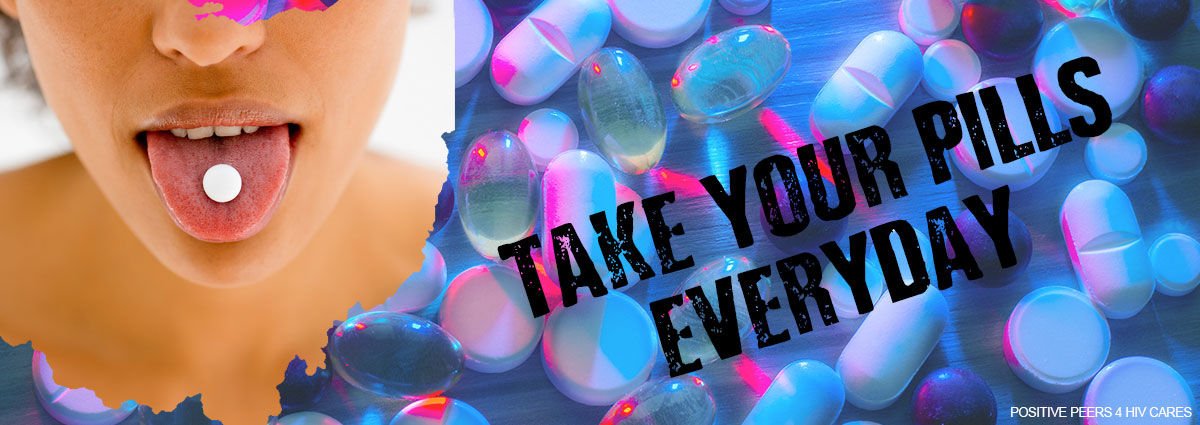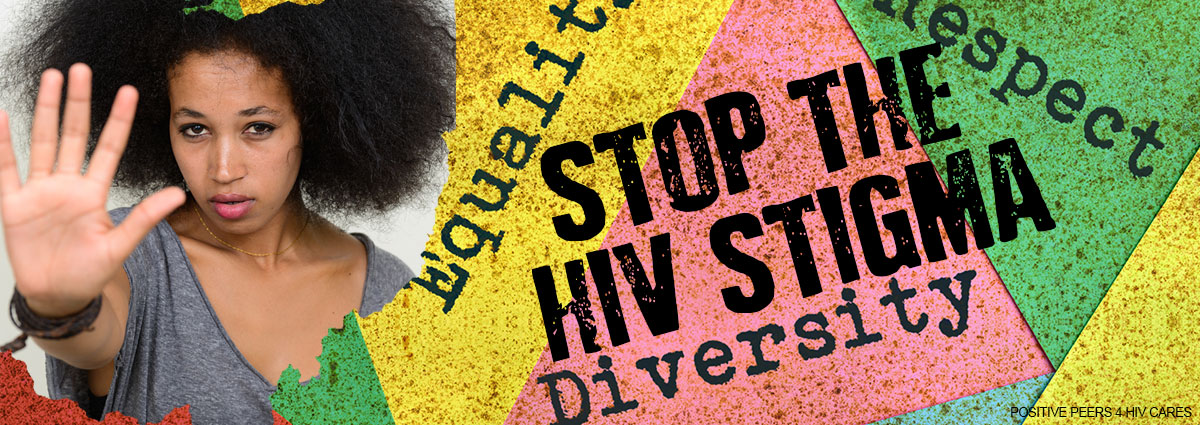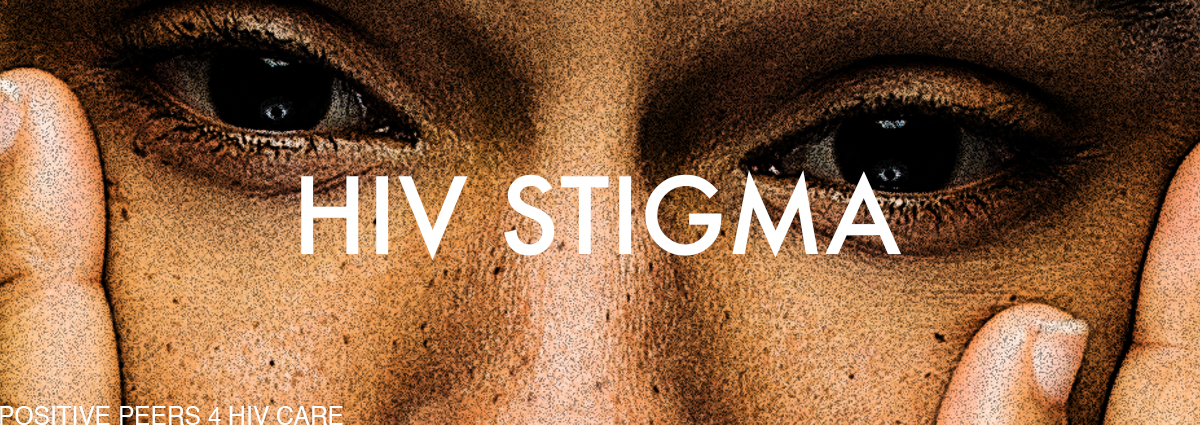
By: Ann K. Avery, MD, Infectious Disease Physician at MetroHealth Medical Center
A lot of people who have HIV think it’s nothing to be ashamed of.
And they’re totally right!
HIV activists want everybody to understand that HIV stigma is BS.
But as it stands right now, if you have HIV and don’t disclose to potential partners, you can get in criminal trouble— and HIV stigma is one of the main reasons why.
In a lot of states, such as our lovely state of Ohio, you’re required by law to inform your sex partners that you’re HIV positive prior to having any type of sexual contact. If you don’t tell them, you can face criminal charges.
These laws might’ve made sense 30 years ago when there were no treatments for HIV, but if these laws ever made sense they are certainly out of date now.
So Positive Peers is publishing a three-blog series explaining why HIV criminalization is wrong and needs to go. You’re reading the first one now!
We’ll start by explaining why scientists are now saying that getting treated for HIV changes the risk picture altogether. In the next two parts, we’ll discuss criminalization of HIV and what we can do to end it.
Do anti-retroviral meds make HIV criminalization obsolete?
Scientists now say that if your viral load is undetectable, and has been for at least 6 months, it’s impossible to transmit HIV to somebody else.
To put it bluntly: Undetectable = Untransmittable (U=U)! That means if you’re HIV positive but you’re viral load is undetectable (which is <20 copies at MetroHealth’s lab), you’re not some walking time bomb who will blow up give somebody HIV.
We still don’t have a cure for HIV, but hopefully knowing that undetectable = untrasmittable will take some of the weight off your shoulders and give you plenty of reason to smile J
What the experts say
Don’t just take our word for it. Take the word of Dr. Carl Dieffanbach, director of the Division of AIDS at the National Institutes of Health:
“If you are durably virologically suppressed your chance of transmitting HIV to your partner is ZERO. Let’s be clear about that: Zero”
The key phrase here is “durably virologically suppressed,” which means:
- Your anti-retroviral medicines have shrunk your viral load to under 20.
- You’ve been undetectable for over six months in a row
- You’re consistently taking your meds exactly as prescribed.
If you’re doing all three, then you will keep your viral load too low to transmit HIV. If you stop taking your meds though, even a few times in a month, your viral load might blip up and you could be able to infect somebody again. Popping that pill each and every day is the key to becoming untransmittable.
Come join our private, stigma-free, supportive community.
Health management tools with medication & appointment reminders.
Social networking in a community conversation & private chats.
Is this a green light to have sex without a condom?
Not exactly. It just means if you’re “durably virologically suppressed,” you won’t give HIV to somebody else. This doesn’t mean that you and your partner(s) are safe from other STIs like Syphilis.
A study conducted in Europe tracked the sex lives of 888 couples where one partner had HIV and the other didn’t have HIV. These couples had sex over 58,000 times and did not pass the virus even once to their partners.
So, the science says it’s safe to have sex without a condom, at least when it comes to HIV— provided your viral load has stayed undetectable over an extended time. No matter what your viral load is though, we still recommend using a condom, especially if you aren’t 100% sure if you or your partner might have other STIs. The HIV negative partner might also consider taking PrEP if they want extra peace of mind when it comes to preventing HIV transmission.
A win in the war on HIV stigma?
Hopefully, the stigma of HIV will start to fade when more people realize that taking anti-retroviral medicines properly, suppressing the virus for 6 months or longer makes transmission risk ZERO. That should encourage more people to get treated and slow its spread.
People who pose no health risk to people around them shouldn’t have to live in fear of criminal prosecution. We’ll talk about that more in the next two blog posts.
Related Blogs:




